For healthy teeth and gums, oral hygiene is essential. This includes daily tooth brushing and flossing. Moreover, you should go to the dentist regularly for cleanings and inspections of your teeth. The best option for a lovely smile and long-term dental health is via preventative dentistry.
OVERVIEW
What is oral hygiene?
Oral hygiene is the practice of maintaining a healthy, disease-free mouth. It comprises routine dental visits for cleanings, examinations, and X-rays as well as frequent tooth brushing and flossing.
Why is oral hygiene important?

One example of preventative care is oral hygiene. As a result, you may avoid oral health issues like tooth decay, gum disease, halitosis, and other difficulties by taking appropriate care of your teeth and gums.
Overall health and oral health are related. For instance, if you have a mouth infection, the bacteria may travel via your circulation to other areas of your body and cause heart disease and stroke. Taking good care of your teeth and gums is crucial for preserving your long-term health.
What conditions are linked to oral health?
Your mouth is teeming with germs, most of which are harmless, like other parts of the body. Yet, some of these bacteria can cause infections that may be deadly since your mouth serves as the entrance to your digestive and breathing systems.
Many health issues, including as the following, have been related to gingivitis and periodontitis:
- Cardiovascular disease.
- Stroke.
- Endocarditis (infection of your heart’s inner lining).
- Pneumonia.
- Pregnancy complications, such as premature birth and low birth weight.
On the other hand, some health issues, such as the following, might negatively affect your teeth and gums:
- Diabetes.
- Osteoporosis.
- HIV/AIDS.
- Alzheimer’s disease.
See your dentist about ways to maintain and support general health via good dental hygiene if you or a loved one has any of the problems mentioned above.
What are the signs of poor oral hygiene?
There are several warning indicators that might point to problems with dental health. The most typical indications of inadequate oral hygiene include the following:
- Bleeding gums.
- Tooth decay.
- Chronic bad breath.
- Loose teeth.
- Gum recession.
- Mouth sores that don’t go away.
- Toothache.
- Swelling of the jaw.
- Gingivostomatitis, an infection of the mouth caused by certain bacteria or viruses.
PROCEDURE DETAILS
How can I improve my oral hygiene?
Good dental care keeps your teeth and gums healthy and maintains the attractiveness of your smile. To help you maintain a healthy smile, consider the following general recommendations for oral hygiene:
- At least twice daily, you should brush your teeth. Use fluoride toothpaste and a soft-bristled toothbrush to brush your teeth. (Medium or firm bristles can harm dental enamel and gum tissue.) Use your toothbrush at a 45-degree angle toward your gums when brushing. Plaque and germs on the gum line are helped to eliminate by doing this. Be sure to brush the sides and backs of your teeth as well.
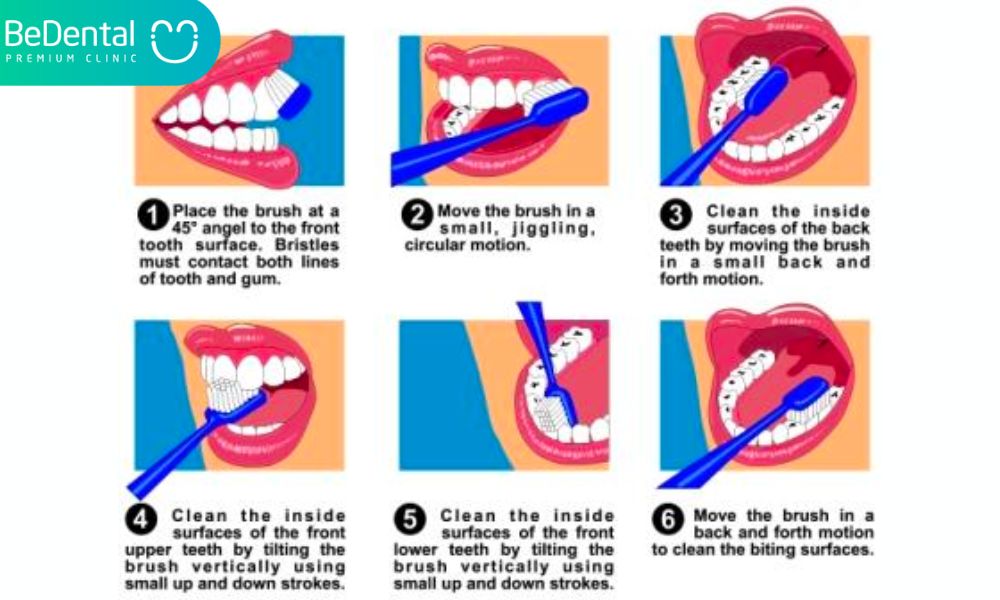
- Floss once a day. Brushing alone will not get into the gaps between your teeth. Cleaning these places requires the use of dental floss. Pick a piece of floss that is about 18 inches long. Wrap one end of the string around each of your middle fingers. Use your thumbs and forefingers to guide the floss between two teeth. Wrap the floss around one tooth in a C shape and clean it with 10 up and down strokes. Rep wrapping the floss around the opposite tooth. For each of your teeth, repeat this technique. Using interproximal brushes and dental picks, you may clean in between your teeth if you have dexterity problems. (One important point regarding water flossers: While they are excellent for getting rid of large bits of food and debris, they cannot get rid of biofilm from the surfaces of your teeth. Thus, use both standard dental floss and a water flosser if you do.)
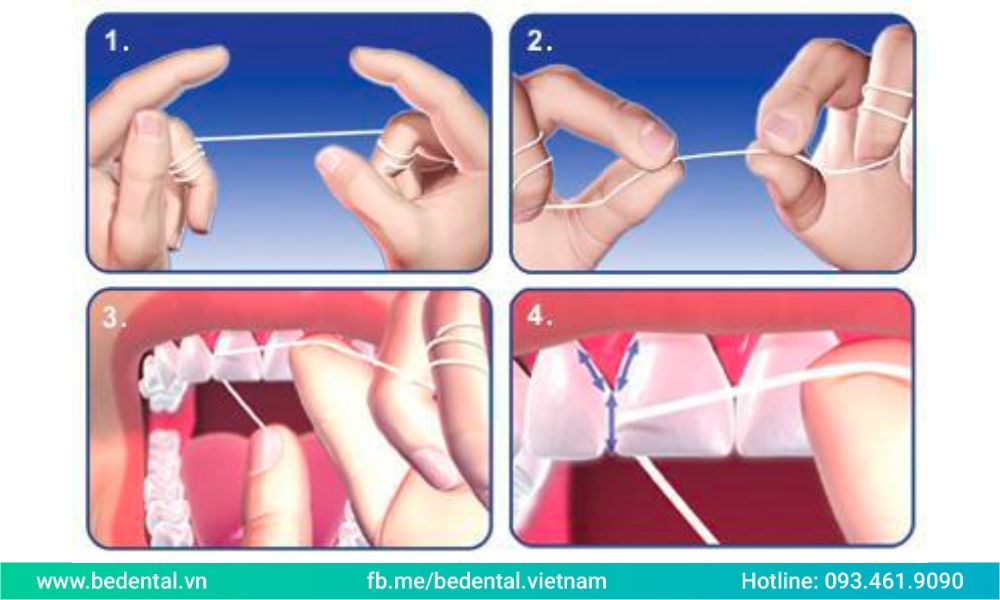
- you should tongue. Your tongue serves as a bacterial sponge. Don’t forget to clean your tongue after brushing your teeth. Using your toothbrush will work for this. In the oral health area, tongue scrapers are also available for purchase.
- Every day, use an antimicrobial mouthwash. Injurious oral microorganisms can be avoided with the use of antibacterial mouthwash. In addition to getting rid of food and waste, it also lessens plaque accumulation. Choose a formula without alcohol to prevent dry mouth.
- Go to the dentist frequently. For the maintenance of excellent oral health, routine dental checkups and cleanings are essential. For many, six-month checkups are ideal. You may need more regular dental visits if you have a history of cavities, gum disease, or other oral health problems.
- Avoid using tobacco products and smoking. Gum disease and oral cancer are largely brought on by tobacco usage. It is better to completely stay away from these items. See your doctor about available treatments if you presently smoke and wish to stop.
Keep in mind that the finest oral hygiene regimen is one you can maintain. Ask your dentist for advice on creating a customized oral health program that meets your unique requirements.
Which oral hygiene products should I use?
The greatest general rule for purchasing oral health items is to look for the ADA Seal of Approval. The seal of the American Dental Association certifies that the item has undergone extensive testing and has received the seal of approval from experts in chemistry, toxicology, microbiology, and pharmacology.
Based on your unique circumstances, your dentist could offer specialized product suggestions. Find out which products are suitable for you from your dentist.
RISKS / BENEFITS
What are the advantages of good oral hygiene?
Although your dentist may be able to fix teeth that have been harmed by decay or gum disease, it is always preferable to avoid issues in the first place. This is where maintaining good dental hygiene is important. There are several benefits to maintaining proper dental hygiene, including:
- Healthier teeth and gums.
- A beautiful smile.
- Fresher breath.
- A reduced need for dental work such as fillings, crowns, bridges, implants or dentures.
- A lowered risk of heart disease, stroke, diabetes and other health concerns.
- A reduced risk of oral cancer.
Also, the cost of preventative dental treatment is lower than that of restorative or urgent care. Maintaining proper dental hygiene over time can help you save time, anxiety, and money.
RECOVERY
How often should I see my dentist for exams and cleanings?
The American Dental Association advises that you visit your dentist for routine dental exams at the appropriate intervals. To maintain the health of their teeth and gums, many people need cleanings every six months. But, your dentist might need to visit you more regularly if you have a history of cavities or gum disease. For instance, those with gum disease may need to see the dentist every three to four months. This is because some people have faster oral bacterial proliferation. Ask your dentist what routine for regular dental checkups is best for you.
BeDental strongly advises you to get regular dental checkups to rule out any potential significant procedures since, despite brushing and flossing your teeth twice a day and maintaining good oral hygiene, there are still ways to harm your tooth health.
Frequency of Dental Visits
You should visit your dentist at least twice every six months, it is advised. A comprehensive examination of the teeth, gums, and other oral tissues will be done during a routine dental check-up.
You might need to visit the dentist more regularly if you have a dental problem that calls for specific treatment. At your initial dental consultation, you and your dentist will talk about all of this.
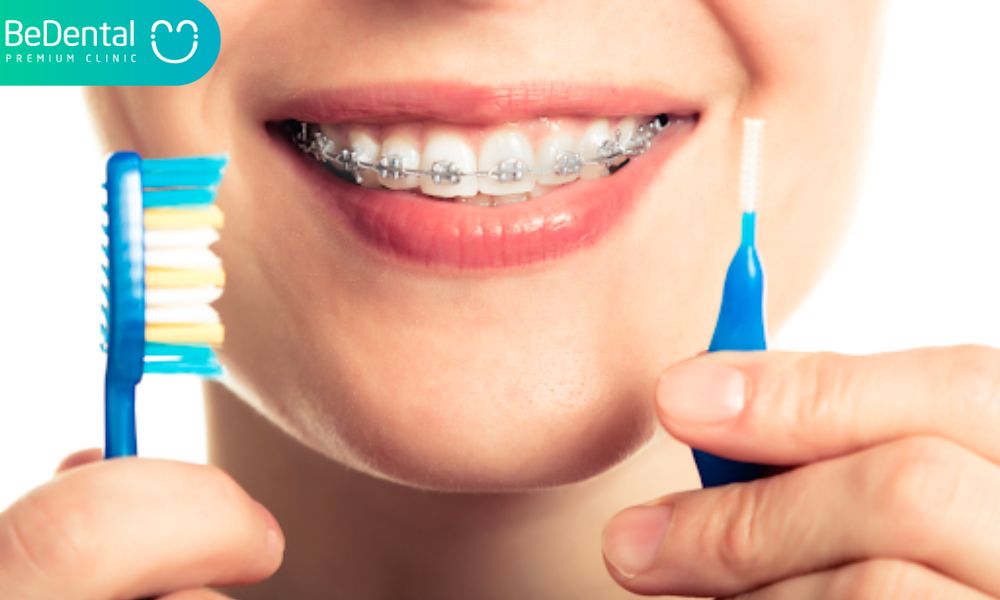
A Normal Periodic Dental Check-up Consists of:
- A complete check-up of the teeth, gums and other tissues
- Checking for early symptoms of oral cancer
- Examination of teeth and previous fillings for cavities or other infections
- X-Rays might be taken to check for hidden infections
- Discussion with the dentist about our oral practices and hygiene
- Creation of a dental treatment plan
Post Examination Practices
You will receive a report and, if there is a problem, the diagnosis will be shared with you once the dentist has examined your teeth. Based on this, a treatment plan will be developed, and you’ll be told to follow it carefully.
If your gums are fragile or exhibit symptoms of illness, you could also have your teeth thoroughly cleaned. You might also be given medication. The dentist may also recommend oral hygiene practices if necessary.
Comprehensive A Periodic Dental Check-up
Comprehensive A Periodic Dental Check-up:
BeDental will conduct a thorough dental examination for you. We will be open and honest about our actions, letting you know what the problem is and how it can be resolved. Our dentists and equipment meet the highest international industry standards so you don’t have to worry about the quality. Give BeDental a call or book your appointment online here.
More
Dental tourism and 5 common factors influence the price
Tartar and 6 ways to prevent its return
How to Handle 3 Types Of Dental Emergencies While Working Abroad
Chipped tooth: Causes, Symptoms and 4 ways to Handle
Teeth cleaning and 3 main concerns



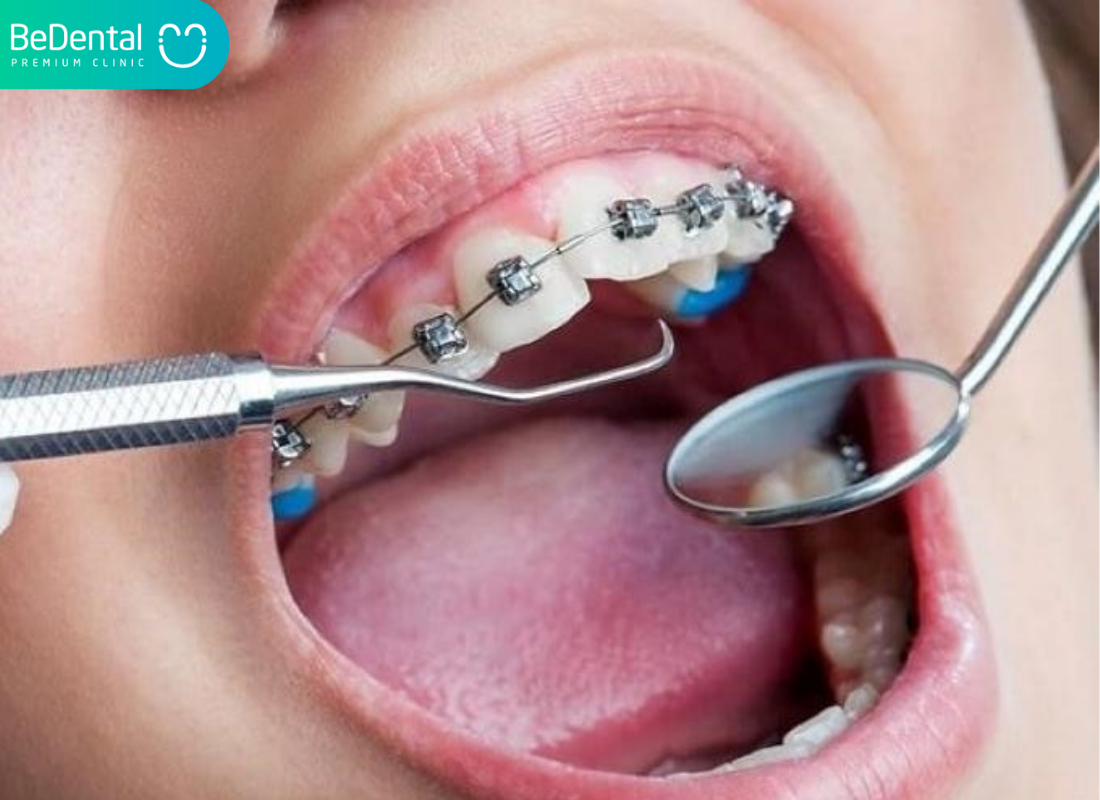
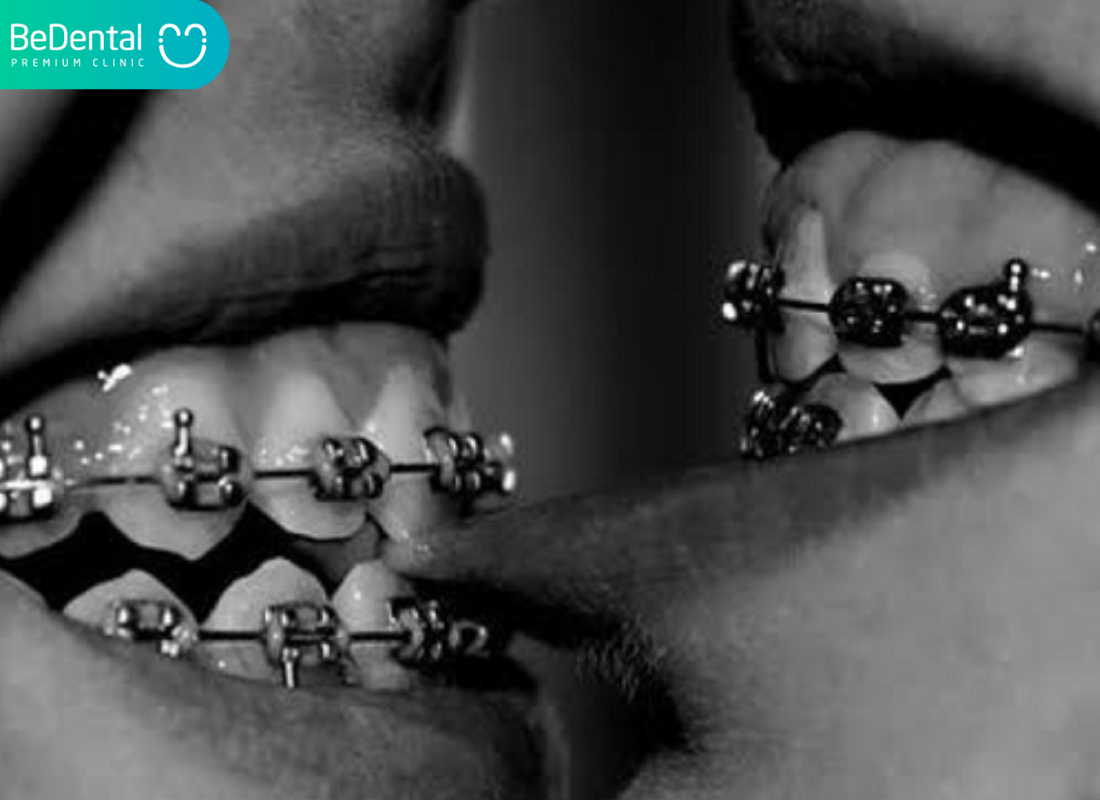
Pingback: Bad Breath and 6 common questions | Nha Khoa Bedental
Pingback: Dentures and 2 types of dentures | Nha Khoa Bedental
Pingback: Should you brush your teeth after fillings? How to Care for Teeth After Dental Filling – Be Dental